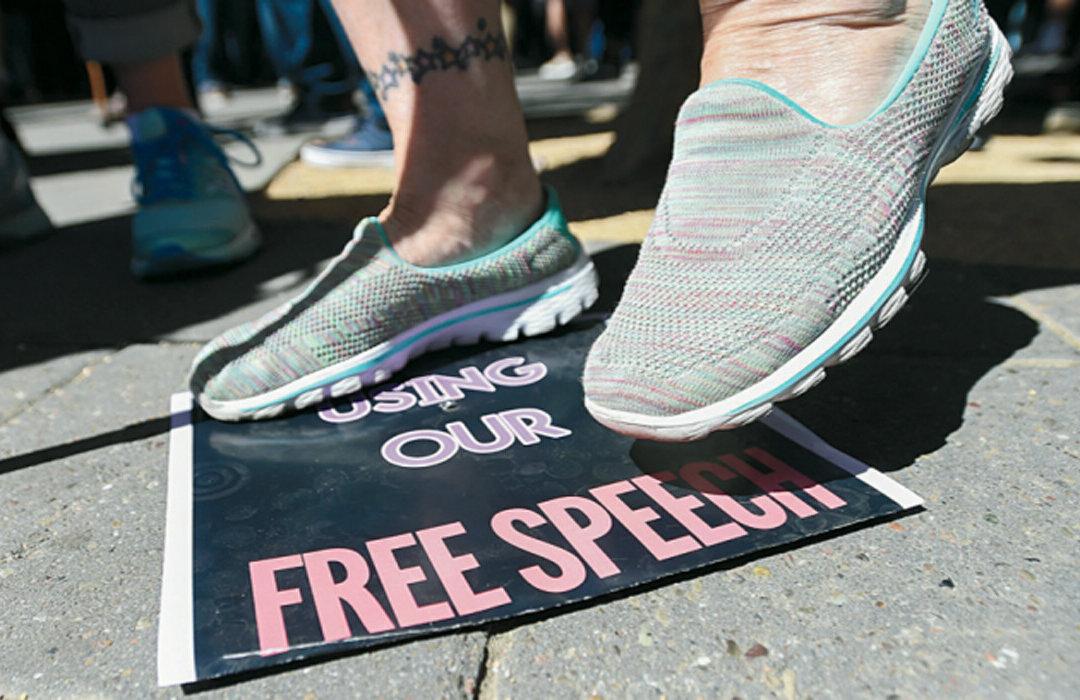Commentary
When the United States commenced serious trade relations with China in the late 1980s and early 1990s, policymakers hypothesized that a capitalist market in China would segue into a Western-style democratic representative government.

When the United States commenced serious trade relations with China in the late 1980s and early 1990s, policymakers hypothesized that a capitalist market in China would segue into a Western-style democratic representative government.